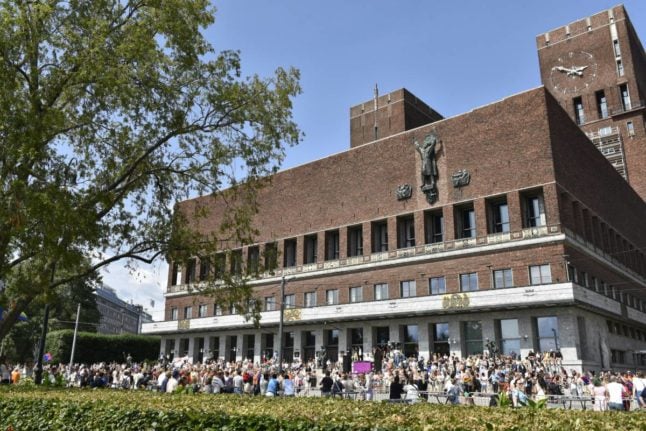Question: I want to move to Norway and would like to know whether an investment or property visa scheme is available, as other permit types may not be relevant to me.
Do you have a question about Norway, or is there something about the country you’d like to know more about? You can send your questions to us at: [email protected].
Investment and property visa schemes, also called ‘golden visas,’ fast-track the residence and citizenship process for foreign residents who will be self-sufficient while living in the country or who might bring investment to the country.
Such schemes offer residence through various methods, such as purchasing property or making a large investment or donation.
Spain, Italy, and Greece are examples of countries that offer such residence arrangements, although the Spanish government has announced plans to crack down on them.
When it comes to Norway, no such scheme currently exists for non-EEA nationals. The only residence permits on offer are for work, education, family reunification, and asylum seekers. More information on these specific permit types can be found on the Norwegian Directorate of Immigration’s website.
One workaround could be obtaining a skilled worker permit for self-employed persons. However, you will need to establish a sole proprietorship in Norway, and the business must require your skills as a skilled worker to operate.
This means you must have completed a degree or studied a vocational program for three years, equivalent to a Norwegian qualification. More information can be found on the UDI’s website.
For residents who benefit from Freedom of Movement under the EEA regulations, EEA nationals with their “own funds” can move to Norway.
You will need to live off your own funds in Norway and will not be entitled to financial assistance or benefits from the Norwegian authorities. You will also need to have the money to support the family members that you are bringing with you.
In addition, you will need to take out an insurance policy that covers health services in Norway for 12 months.
There are financial requirements. If you are single, you will initially need to have at least 158,621 kroner per year at your disposal. However, this isn’t really enough money to live on in Norway, so you would need to supplement this with work. Should you get a job, you will no longer be required to have health insurance.
To prove you have the income to sustain yourself, you must provide a bank statement that proves you have the required amount, that you regularly receive money into your account, or a statement that shows you receive a pension from your home country. You will also need to be able to show where this money is from.
Retirees are required to also have an S1 health certificate.



 Please whitelist us to continue reading.
Please whitelist us to continue reading.
Member comments